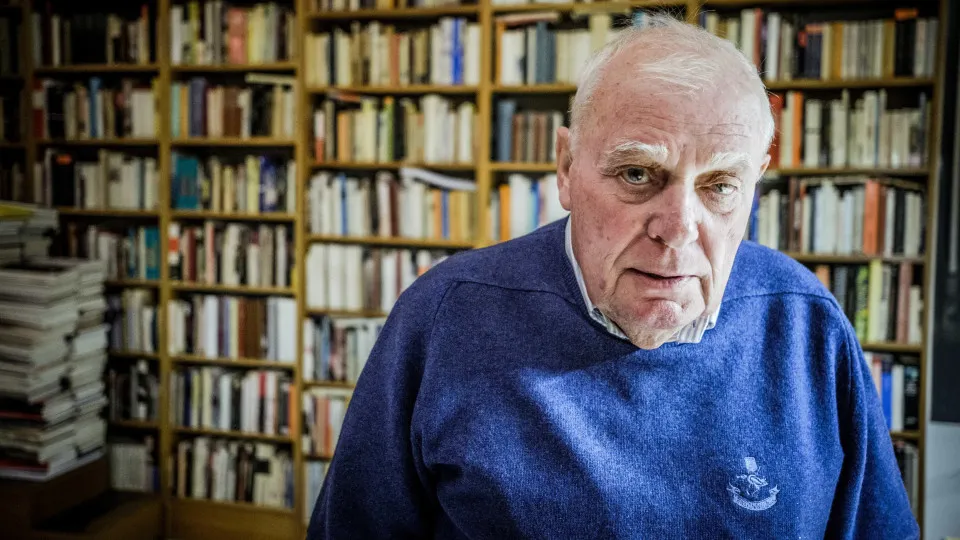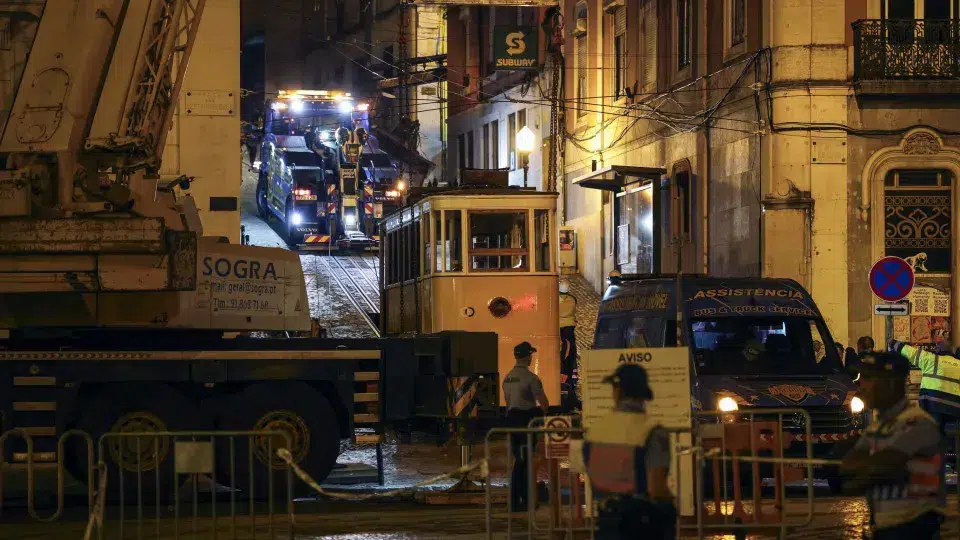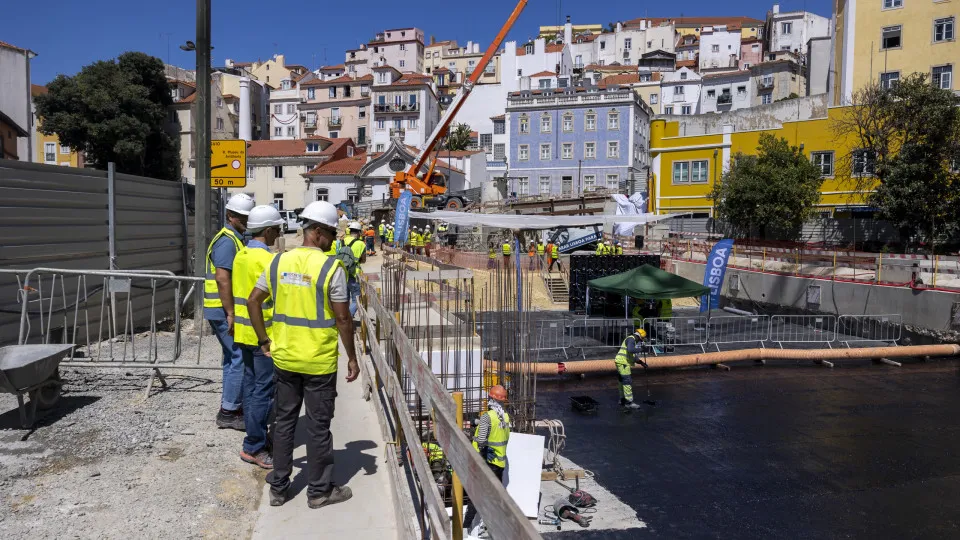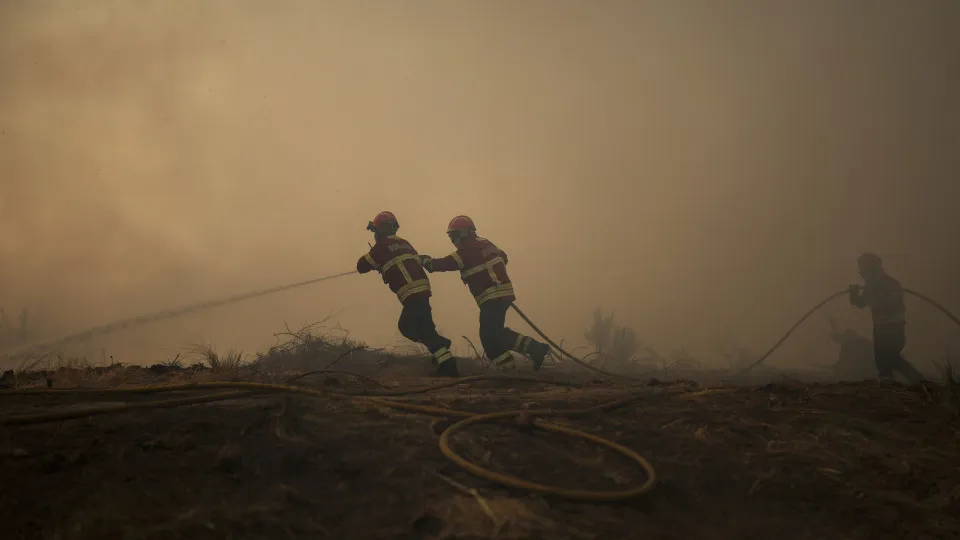
The prestigious award was bestowed upon the author of ‘Auto dos Danados’ on June 10th, aligned with his birthday celebrations, as announced by the Presidential website.
António Lobo Antunes was born in Lisbon on September 1, 1942. He graduated in Medicine from the University of Lisbon in 1969 and specialized in Psychiatry, which he practiced at the Miguel Bombarda Hospital before committing to full-time writing in 1985.
His literary debut came with ‘Memória de Elefante’ in 1979, followed by ‘Os Cus de Judas’ the same year, and continued with ‘Conhecimento do Inferno’ in 1980 and ‘Explicação dos Pássaros’ in 1981. These works, influenced by his war experiences and psychiatric practice, quickly made him one of the most read authors in Portugal.
‘Fado Alexandrino’ (1983) and ‘Auto dos Danados’ (1985), the latter earning the Grande Prémio de Romance e Novela from the Portuguese Writers Association (APE), were succeeded by ‘As naus’ in 1988.
Further publications include ‘Tratado das paixões da alma’ (1990), ‘A ordem natural das coisas’ (1992), ‘A morte de Carlos Gardel’ (1994), ‘Manual dos inquisidores’ (1996), ‘O Esplendor de Portugal’ (1997), and ‘Exortação aos crocodilos’ (1999), which won the APE’s Grande Prémio de Romance again.
With a bibliography spanning nearly thirty novels, about half were published in the last 25 years, highlighting titles like ‘Não entres tão depressa nessa noite escura’ (2000) and ‘Que farei quando tudo arde?’ (2001), culminating in works such as ‘Diccionario da linguagem das flores’ (2020) and ‘O tamanho do mundo’ (2022).
In addition, several volumes of ‘Livro de crónicas’ and the children’s book ‘A história do hidroavião’ (1994), illustrated by musician and friend Vitorino, were published.
His wartime correspondence, organized by Maria José and Joana Lobo Antunes, was published as ‘D’este viver aqui neste papel descripto’ (2005), which inspired Ivo M. Ferreira’s film ‘Cartas da guerra’ (2016).
Frequently mentioned as a potential Nobel Prize in Literature recipient, António Lobo Antunes has garnered numerous awards throughout his literary career.
In Portugal, accolades include the D. Diniz Award from the Casa de Mateus Foundation (‘Exortação aos crocodilos’, 1999), the Fernando Namora Award (‘Boa tarde às coisas aqui em baixo’, 2004), the Alberto Pimenta Career Award from the Literary Club of Porto (2008), the Authors Award (‘Que cavalos são aqueles que fazem sombra no mar’, 2010), and the Literary Award of the Inês de Castro Foundation (‘O tamanho do mundo’, 2023).
In France, he received the Prix France Culture de Littérature Étrangère in 1996 for ‘A morte de Carlos Gardel’ and the Best Foreign Book Prize for ‘Manual dos Inquisidores’ in 1997, also honored in Frankfurt for best-translated work that year.
In Austria, he was the “guest of honor” at the Salzburg Music Festival and was awarded the Austrian State Prize for European Literature in 2000. Spanish honors include the Rosalía de Castro Prize in 2001, Terence Moix Prize in 2008, and the Extremadura Prize for Creation in 2009.
In Italy, he received the International Latin Union Prize in 2003, the Nonino in 2014, and the Bottari Lattes Grinzane Prize in 2018, while in Romania, he was honored with the Ovidius Prize in 2003.
The State of Israel awarded him the Jerusalem Prize in 2004. In Chile, he received the Ibero-American José Donoso Prize in 2006. Mexico honored him with the Guadalajara International Book Fair Prize (Juan Rulfo) in 2008.
The Republic of Portugal decorated him with the Order of Liberty in 2019, 15 years after the Grand Collar of the Order of Sant’Iago da Espada. France appointed him a Commander of the Order of Arts and Letters in 2008.
His latest book, ‘As Outras Crónicas,’ reached bookstores in October 2023.




